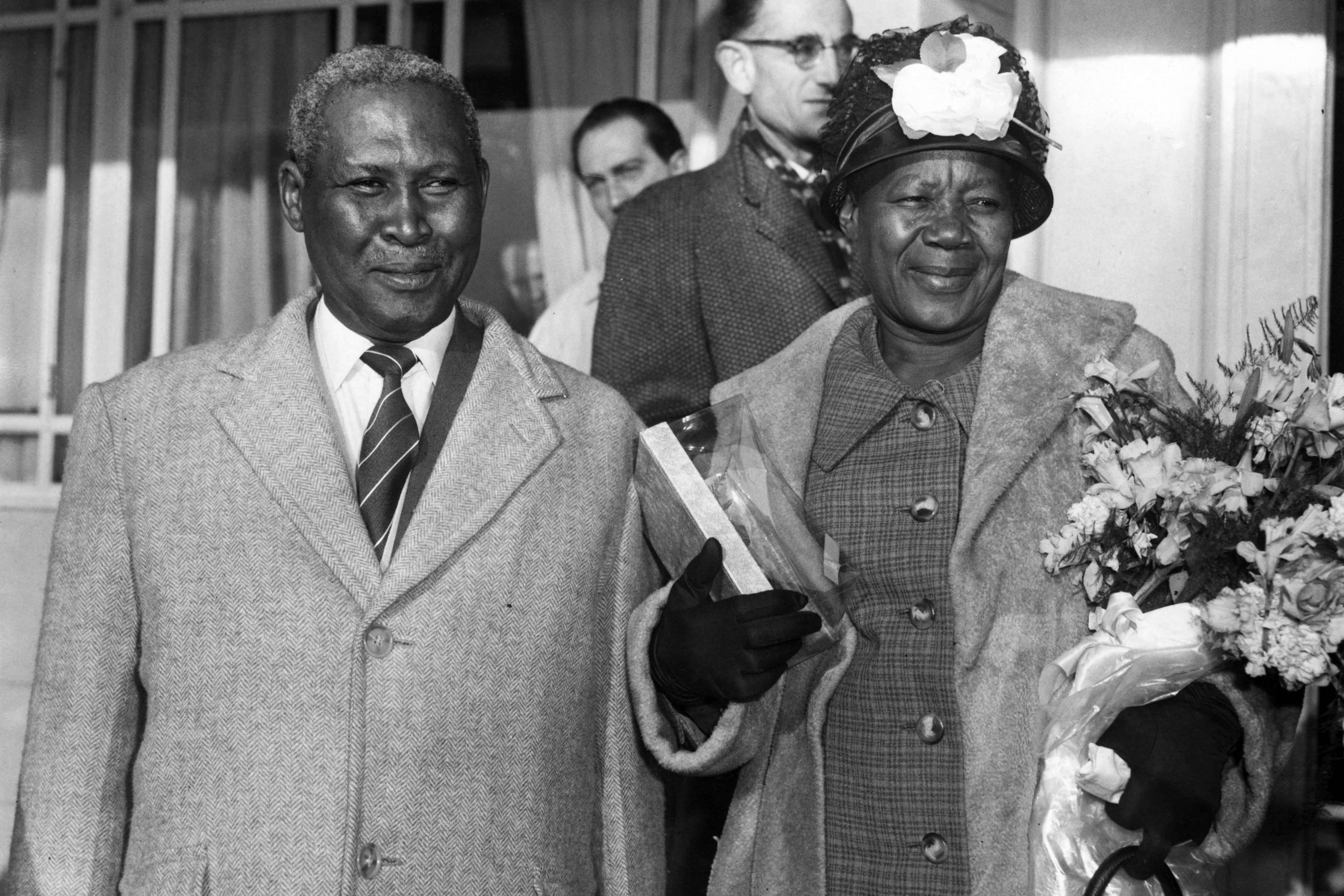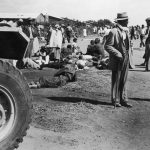Text Messages | Challenging Mandela
Nelson Mandela surmised Albert Luthuli’s thoughts on violent struggle but few have challenged him on this, even though Luthuli vocally ‘embraced non-violent passive resistance’.
Author:
11 April 2019

Early into the second half of 1961, Nelson Mandela addressed the ANC national executive in Durban. It was a difficult meeting because the subject of adopting the armed struggle – directed against objects, rather than people – was central to the agenda. And there was an added complication: the president of the ANC, Nkosi Albert Luthuli, was present.
In his autobiography Long Walk to Freedom, Mandela recalls the momentous event like this:
“I suspected that I would encounter difficulties because Chief Luthuli was to be in attendance and I knew of his moral commitment to non-violence …
“At the meeting I argued that the state had given us no alternative to violence … Violence would begin whether we initiated it or not. Would it not be better to guide this violence ourselves, according to principles where we saved lives by attacking symbols of oppression, and not people? If we did not take the lead now, I said, we would soon be latecomers and followers to a movement we did not control.
“The chief initially resisted my arguments. For him, non-violence was not simply a tactic. But we worked on him the whole night; and I think that in his heart he realised we were right. He ultimately agreed that a military campaign was inevitable.”
That is the enshrined version of Luthuli’s attitude to the ANC taking up violence as a strategic and tactical tool in the fight against apartheid. It is the conventional wisdom, even the unquestionable wisdom, thanks to the source: Mandela. Who would – or could – challenge his version of events?
Juicy rationalisation
Luthuli’s autobiography, Let My People Go, published in 1962, is silent on this seminal decision. So too with Mary Benson’s 68-page booklet, Chief Albert Lutuli of South Africa (A Three Crown Book published by Oxford University Press in 1963); note the aberrant spelling of Luthuli’s surname.
But one can discern clearly the historical, ideological and propagandistic nature of the problem in the delicacy of Mandela’s choice of words in Long Walk. “I think that in his heart he realised we were right” is an astonishing way of explaining things: Mandela “thinks” that he knew what emotions were churning deeply inside Luthuli’s innermost being. A close reading would offer the view that this is a juicy rationalisation, topped off by the declarative “we were right”.
Related article:
None of this goes to the correctness or not of deciding to prosecute the armed struggle. It’s an enquiry instead into how a deeply religious man – whose faith so influenced his life and deeds that he said “I am in Congress [ANC] precisely because I am a Christian” – can truly have approved of the move to armed struggle, or even been able to accommodate it.
Luthuli’s most significant words on the matter of violence and non-violence are contained in his public statement, The Road to Freedom is via the Cross, which he made immediately after the National Party government dismissed him in November 1952 as the traditional leader of Groutville in what at the time was Natal. The excerpt below comes from the final section of the statement, headed originally “Even Death”.
“As for myself, with a full sense of responsibility and a clear conviction, I decided to remain in the struggle for extending democratic rights and responsibilities to all sections of the South African community. I have embraced the non-violent Passive Resistance technique in fighting for freedom because I am convinced it is the only non-revolutionary, legitimate and humane way that could be used by people denied, as we are, effective constitutional means to further aspirations.
“The wisdom or foolishness of this decision I place in the hands of the Almighty…
“…It is inevitable that in working for Freedom some individuals and some families must take the lead and suffer: The Road to Freedom is via the CROSS.
“Mayibuye!
“Afrika! Afrika! Afrika!”
Serendipitous find
In checking the text of The Road to Freedom online against that in my old printed copy of Let My People Go, there was the very pleasant discovery that there has been deeper scholarly interrogation of the matter in two journal articles by Raymond Suttner and Scott Everett Couper.
Password-protected copies of the articles are available on the website of the scholarly publisher Taylor & Francis.
Despite this find emphasising the power of the adage that there is nothing new under the sun, it is vastly encouraging to learn that a contestable subject has already begun to be contested.
Sometime, somewhere, a fuller and truer picture must emerge.
Articles:
– ‘The Road to Freedom is via the Cross’: ‘Just Means’ in Chief Albert Luthuli’s Life by Raymond Suttner in the South African Historical Journal, Volume 62, 2010, Issue 4.
– Emasculating Agency: An Unambiguous Assessment of Albert Luthuli’s Stance on Violence by Scott Everett Couper in the South African Historical Journal, Volume 64, 2012, Issue 3: The ANC at 100.

